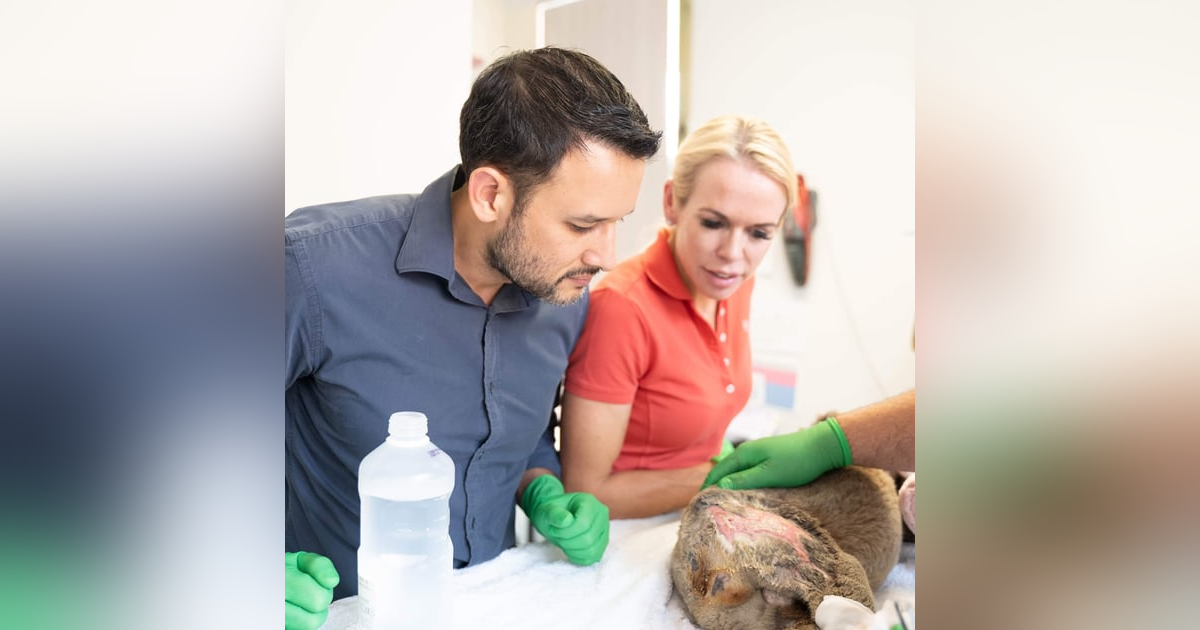Staying strong so you can keep helping. Bushfire special series with Liz Crowe - Part One.

This is a special episode that we’re rushing out as a resource to our colleagues who are caught in the apocalyptic bushfire crisis that Australia is currently experiencing, but also for anyone who wants to support those in the crisis but feel unequipped to do so. Beyond the current crisis - we also believe that the advice from this episode’s spectacular guest will be a valuable resource to anyone who ever finds themselves in a crisis situation, or regularly deals with traumatic situations that puts them at risk of compassion fatigue, burnout, and dark days in general.
Our guest is Liz Crowe. Liz is an Advanced Clinician Social Worker who has worked extensively for 20 years with individuals, families and children impacted by grief, loss, trauma, crisis and bereavement. She’s worked in intensive care, emergency departments, cancer wards and all areas associated with children’s health. In her current job in a children’s intensive care unit she is exposed daily to death, violence, trauma and illness and is now recognised as one of the most experienced counsellors in this field in Australia. Liz is passionate about assisting the community to understand the breadth of loss and grief and how to support yourself, your children, partners, family and friends during times of change and sadness, which is why we really needed to speak to her at this time.
As expected from someone with such a depth of knowledge in their field we had a lot to talk about. We wanted to make sure that anyone who is currently in the thick of the action with limited leisure time for things like listening to podcasts could snatch a few moments to listen to this, so we’re deviating from our usual long form format and chopping the podcast into shorter episodes, starting with what to do while you are in the midst of a catastrophe such as this one.
A few useful resources:
Treating burn wounds and smoke inhalation: https://www.animalemergencyservice.com.au/news/vetapedia/emergency-burns-info/
Liz' blog on dealing with grief and burnout = part one: https://www.stemlynsblog.org/wellbeing-for-the-broken-part-1-liz-crowe-for-st-emlyns/
Part two: https://www.stemlynsblog.org/wellbeing-for-the-broken-part-2-st-emlyns/
More about Liz: https://lizcrowe.org/about/






